What type of nectarine will grow in the milwaukee area if any?
davidsteven
14 years ago
Related Stories
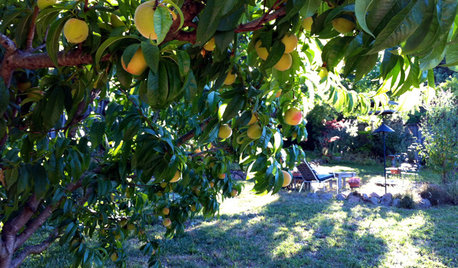
EDIBLE GARDENSHow to Grow Your Own Peaches and Nectarines
Make gardening a little sweeter with these juicy fruits, which you can eat after plucking or preserve for later
Full Story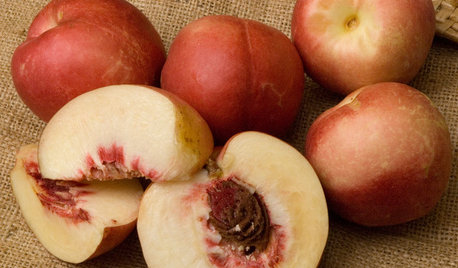
EDIBLE GARDENSGrow Plum Hybrids for Your Favorite Fruit Flavors
Plums are cozying up with apricots, peaches and even cherries — here’s how to grow these hybrids for the best aspects of each
Full Story
EDIBLE GARDENSHow to Grow 10 Favorite Fruit Trees at Home
Plant a mini orchard in fall, winter or early spring to enjoy fresh-off-the-tree fruit the following year
Full Story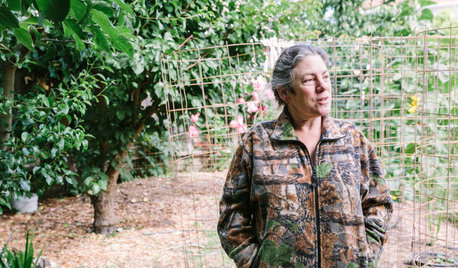
FARM YOUR YARDTo Get the Food They Believe In, These Urbanites Grow Their Own
Home gardeners farming on their city lots find that local, organic food isn’t the only reward
Full Story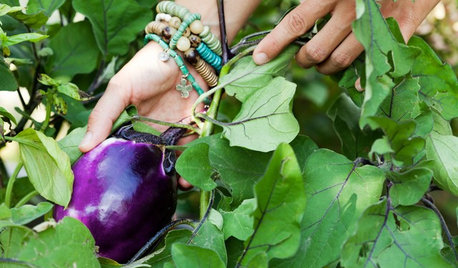
EDIBLE GARDENSHouzz Call: What Did You Grow This Summer?
Let’s celebrate the homegrown fruits and vegetables of the season. Post your pictures and tell us about your harvest
Full Story
MOST POPULAR12 Key Decorating Tips to Make Any Room Better
Get a great result even without an experienced touch by following these basic design guidelines
Full Story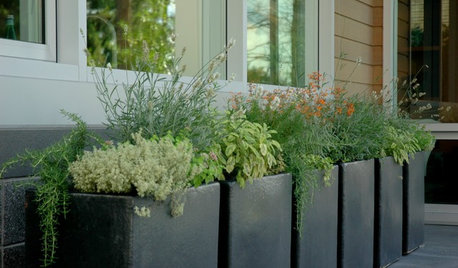
GARDENING AND LANDSCAPINGUnexpected Edible Gardens
How to grow your own herbs and vegetables almost anywhere
Full Story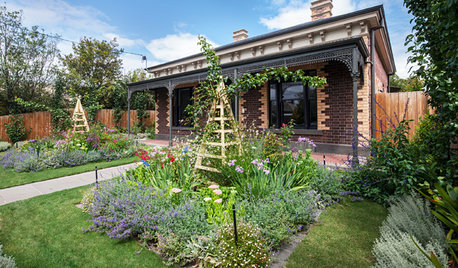
EDIBLE GARDENSAn Edible Cottage Garden With a Pleasing Symmetry
The owners of this cottage garden in Australia grow vegetables, herbs and fruit to delight their family and friends
Full Story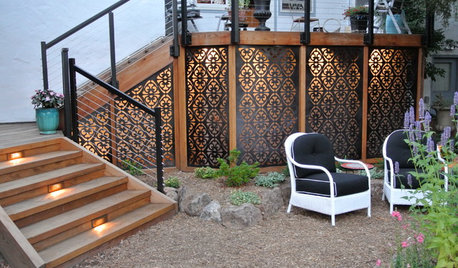
THE ART OF ARCHITECTURELaser-Cut Focus: The Future of Design Is Here
Discover how this laser technology can make almost any pattern a reality
Full Story
COLOR10 Great Places for Rich Fall Colors Year-Round
Use nature’s burgundies, golds and oranges in these select spots for a comforting feel no matter what the season
Full StoryMore Discussions






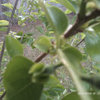
fruitnut Z7 4500ft SW TX
jellyman
Related Professionals
Edmond Landscape Architects & Landscape Designers · Hershey Landscape Architects & Landscape Designers · Byram Landscape Contractors · Deer Park Landscape Contractors · Eustis Landscape Contractors · Farmington Landscape Contractors · Huntington Landscape Contractors · Kerman Landscape Contractors · La Vista Landscape Contractors · Long Beach Landscape Contractors · Ringwood Landscape Contractors · South Lyon Landscape Contractors · Southbury Landscape Contractors · Tavares Landscape Contractors · Antioch Landscape Contractorsfranktank232
alan haigh
franktank232
jean001
alan haigh
davidstevenOriginal Author
jean001
alan haigh
athenainwi
alan haigh
Leslie Tarly Z 5a